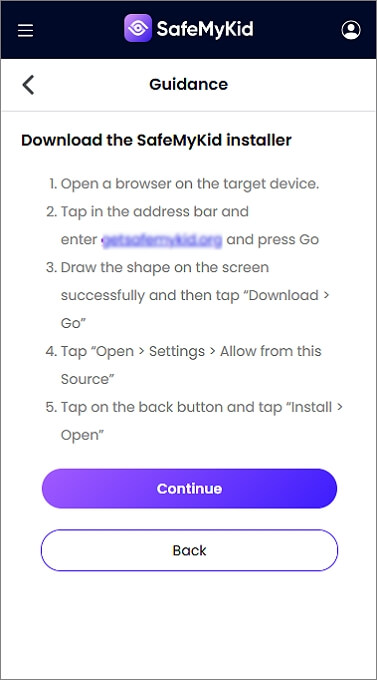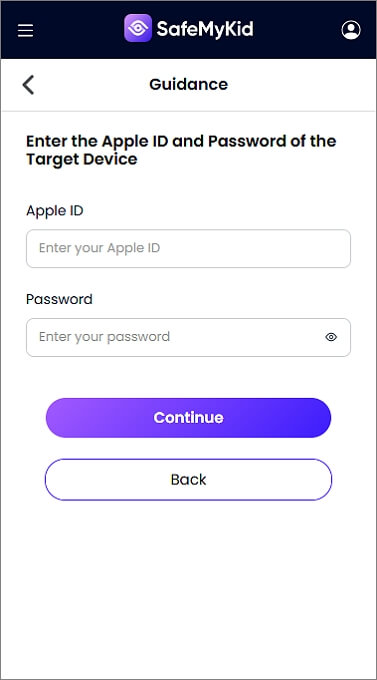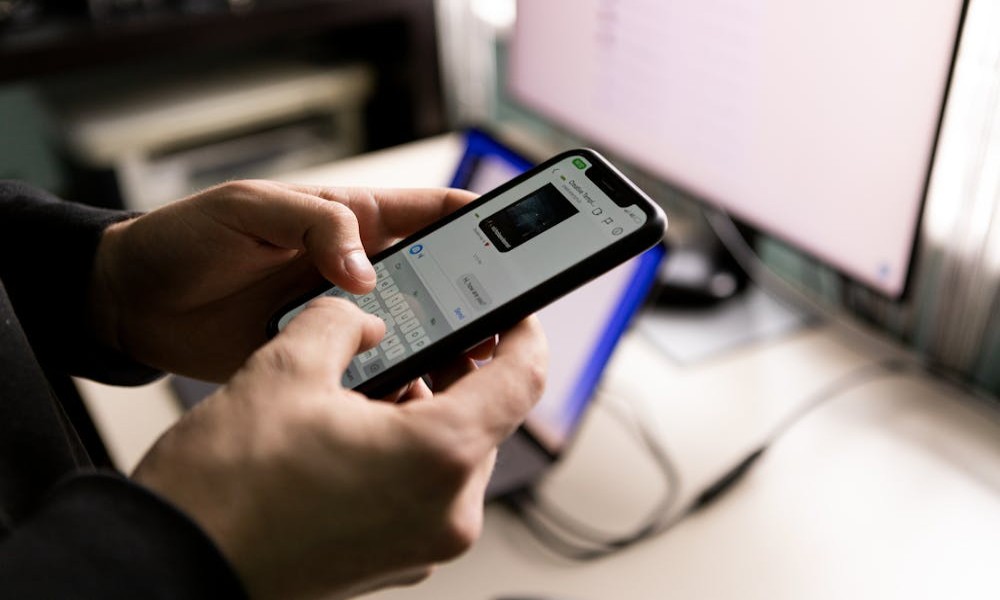When to Leave a Lying Spouse: 5 Key Indicators

Living with a lying spouse can be emotionally draining and confusing, leaving you questioning the foundation of your relationship. Over time, deceit can lead to anxiety, self-doubt, and emotional distress.
A relationship should be built on honesty and mutual respect—when deception becomes a pattern, it’s crucial to recognize when to leave a lying spouse for your mental and emotional well-being. In this article, we will discuss 5 telltale signs to know when to leave a lying spouse.

Understanding The Impact of Lying in a Relationship
Lying in a relationship can lead to emotional turmoil, causing anxiety, self-doubt, and insecurity. It may result in constant stress, eroding trust and making it challenging to sustain a healthy and happy partnership. The effects of dishonesty are often long-lasting and can deeply impact one's mental health.

How Lying Affects Your Well-Being
- Emotional Impact: Persistent lies can lead to feelings of betrayal and heartache.
- Mental Strain: Self-doubt and anxiety often arise when trust is repeatedly broken.
- Physical Effects: Stress from dishonesty may lead to health problems, such as insomnia or headaches.
5 Clear Signs It is Time to Leave a Lying Spouse

If you're constantly questioning your spouse's honesty, it may be time to evaluate whether the relationship is worth continuing. Here are five clear signs that it might be time to walk away.
1. Repeated Lies without Remorse
When a spouse continues to lie without showing any guilt or intent to change, it may be a sign that the relationship is beyond repair. Apologies without actions to back them up only reinforce the pattern of dishonesty.
2. Gaslighting and Manipulation
Gaslighting is when your partner distorts reality, making you question your own judgment. This form of manipulation is not only deceitful but also emotionally abusive.
3. Lack of Accountability
If your spouse refuses to take responsibility for their actions or consistently blames you, it indicates a lack of maturity and unwillingness to rebuild trust. A healthy relationship requires both partners to own up to their mistakes and work together to improve.
4. Infidelity or Financial Deception
Certain lies, such as cheating or hiding financial information, often cause irreversible damage. These actions demonstrate a significant breach of trust, making it difficult to restore the relationship to a healthy state.
5. Negative Impact on Your Health
When a spouse’s lies cause you mental and physical distress, it may be time to prioritize your well-being. Chronic stress from dishonesty can lead to depression, anxiety, and other health issues.
When Leaving a Lying Spouse Is The Best Choice

If dishonesty has led to constant stress, emotional turmoil, or even danger, leaving may be the best and only option. Here are key situations where walking away is the right decision.
1. A Toxic or Abusive Environment
Deception can lead to a toxic environment, especially when lies are used to control or manipulate. Emotional abuse, often accompanied by chronic lying, can be as damaging as physical abuse.
2. Therapy and Communication Have Failed
While counseling can help some couples, therapy requires both partners to be honest and committed to change. If efforts through therapy or open communication do not bring progress, leaving might be the healthiest option.
3. Trust Is Beyond Repair
If attempts to rebuild trust are unsuccessful, staying in the relationship may only prolong emotional suffering. Trust is vital in any partnership, and without it, a relationship can feel empty and draining.
How to Monitor a Lying Spouse Effortlessly with SafeMyKid
If you’re struggling to determine whether your spouse is being truthful, technology can help you gain clarity. SafeMyKid is an effective tool to monitor a lying spouse discreetly. SafeMyKid offers a powerful and reliable set of features designed to help you monitor your spouse’s smartphone activities discreetly.
With SafeMyKid, you can track text messages, call logs, and social media interactions, ensuring you stay informed about their digital behavior. Additionally, its real-time location tracking allows you to see where your spouse is at any given moment, providing valuable insights when trust is in question.

Why Choose SafeMyKid to Catch a Lying Spouse?
When trust is broken in a relationship, having the right tools to uncover the truth can provide clarity and peace of mind. SafeMyKid offers powerful monitoring features that can help you detect dishonesty and uncover hidden activities. Here’s why it stands out:
- Location Tracking: Know your spouse’s real-time location and view location history to verify their whereabouts.
- Social Media Insights: Monitor activities on popular platforms like WhatsApp, Facebook, Instagram, and more, allowing you to detect suspicious interactions.
- Message Monitoring: Gain access to text messages, chat histories, and even deleted conversations, ensuring you never miss important details.
- Call & Contact Logs: See who they are frequently communicating with and review call durations and timestamps.
- Stealth Mode: Operates discreetly, ensuring your monitoring remains undetectable.
How to Use SafeMyKid to Catch a Lying Spouse
If you suspect dishonesty in your relationship, SafeMyKid provides a discreet way to monitor your spouse’s activities. With real-time tracking and message monitoring, you can gather the evidence you need to confirm or dispel your doubts. Here's how to set it up:
How to Catch a Lying Spouse on Android
Step 1. Create a Free Account
Sign up on the SafeMyKid website using your email address.

Step 2. Install and Set Up SafeMyKid on Android
Download and install the app on the target Android phone. Follow the on-screen instructions to enable necessary monitoring features.

Step 3. Start Monitoring Your Lying Spouse on Android
Use the SafeMyKid dashboard to track your lying spouse’s phone activities, social media interactions, and location in real-time.

How to Catch a Lying Spouse on iPhone
Step 1. Create a Free SafeMyKid Account on iPhone
Sign up through the official SafeMyKid website.

Step 2. Sync iCloud Data
Enter the iCloud credentials of the target device to enable tracking. No app installation is required.

Step 3. Begin Monitoring Your Lying Spouse on iPhone
Access your lying spouse’s real-time data, including location history and message logs through the SafeMyKid online portal.

Advantages of Using SafeMyKid
SafeMyKid stands out as a reliable solution for discreetly monitoring a loved one’s activities. Whether you need to ensure a child’s safety or confirm suspicions about a spouse, this app provides a seamless and effective way to track phone usage and location. Here’s why SafeMyKid is a top choice:
- Ease of Use: The app is user-friendly with a simple setup process.
- Discreet Monitoring: Operates in stealth mode on Android devices, making it undetectable.
- Comprehensive Insights: Offers a broad view of phone activity, including messages, calls, and location, without requiring physical access to the device.
- Real-Time Tracking: Provides instant updates on location history and movement.
- Cross-Platform Compatibility: Works on both Android and iOS devices, ensuring accessibility for different users.
Preparing to Leave a Lying Spouse

Deciding to leave a dishonest partner is never easy, but taking the right steps can help ensure a smooth transition. Before making your move, it’s crucial to prepare emotionally, mentally, and practically to protect yourself and your future.
1. Emotional and Mental Preparation
Leaving a relationship is a major life decision that can feel overwhelming and emotionally draining. Seeking support from trusted friends, family members, or a professional therapist can provide comfort, guidance, and reassurance, helping you navigate the difficult transition and rebuild your emotional strength.
2. Financial and Legal Planning
Understanding your financial situation is crucial before making any major decisions about leaving a relationship. Assess your income, savings, and expenses, and if necessary, consult a legal expert to understand your rights. Proper financial planning can help reduce stress and ensure a smoother transition.
3. Establish a Support System
Building a strong support network is essential when navigating the challenges of leaving a relationship. Surrounding yourself with trusted friends, family, or support groups can provide both emotional reassurance and practical assistance, helping you stay resilient and make informed decisions during this difficult transition.
FAQs on When to Leave a Lying Spouse
Deciding whether to leave a lying spouse can be difficult, and many people have questions about when the right time is to walk away. Below are some frequently asked questions to help you navigate this challenging situation.
1. Can a relationship survive after repeated lying?
Yes, but it depends on the willingness of both partners to rebuild trust. The lying spouse must take responsibility, show genuine remorse, and make consistent efforts to change. Without accountability and open communication, the relationship may not recover.
2. How do I confront my spouse about their lies without escalating conflict?
Approach the conversation calmly and with specific examples. Avoid accusatory language and instead use "I" statements, such as "I feel hurt when I discover dishonesty." Creating a safe space for discussion can encourage openness and honesty.
3. What are some early warning signs of chronic lying in a spouse?
Early signs include inconsistencies in their stories, frequent defensiveness, avoiding eye contact, and changing details over time. If you notice these behaviors regularly, it could indicate a pattern of dishonesty.
4. How can I protect my mental health while dealing with a dishonest spouse?
Set emotional boundaries, seek support from friends or a therapist, and prioritize self-care. Keeping a journal to process emotions and practicing mindfulness can also help you manage stress and regain clarity.
5. What legal steps should I take before leaving a lying spouse?
Consult a divorce or family law attorney to understand your rights regarding assets, custody (if applicable), and financial matters. Gathering important documents, such as financial records and legal paperwork, can also help prepare for a smoother separation.
Conclusion
Knowing when to leave a lying spouse can be a deeply personal and challenging decision, but recognizing the warning signs and prioritizing your well-being is crucial. Living with constant deceit can take a toll on your mental and emotional health, making it essential to seek clarity.
SafeMyKid provides a discreet and effective way to monitor suspicious activities and uncover the truth. While leaving is never easy, it can be the first step toward rebuilding your confidence and creating a healthier, happier future.


